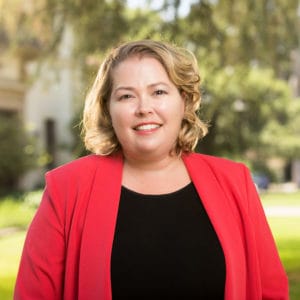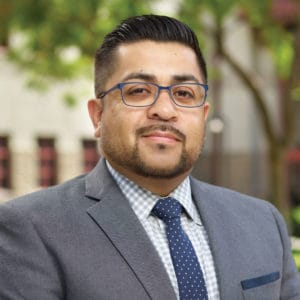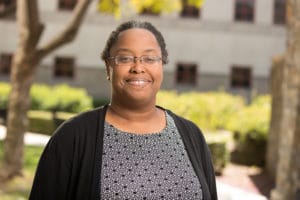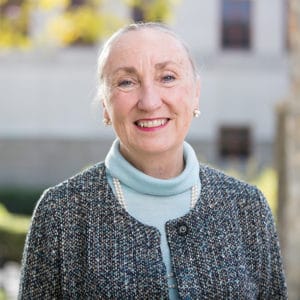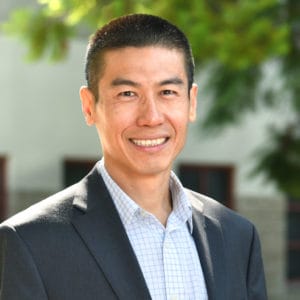Community-engaged education bridges the divide between academia (PK–16) and activism by exploring how schools and communities can partner with one another for mutual benefit. The Master of Arts program in Community-Engaged Education & Social Change trains educators who understand the critical intersections across learning, teaching, and local community.
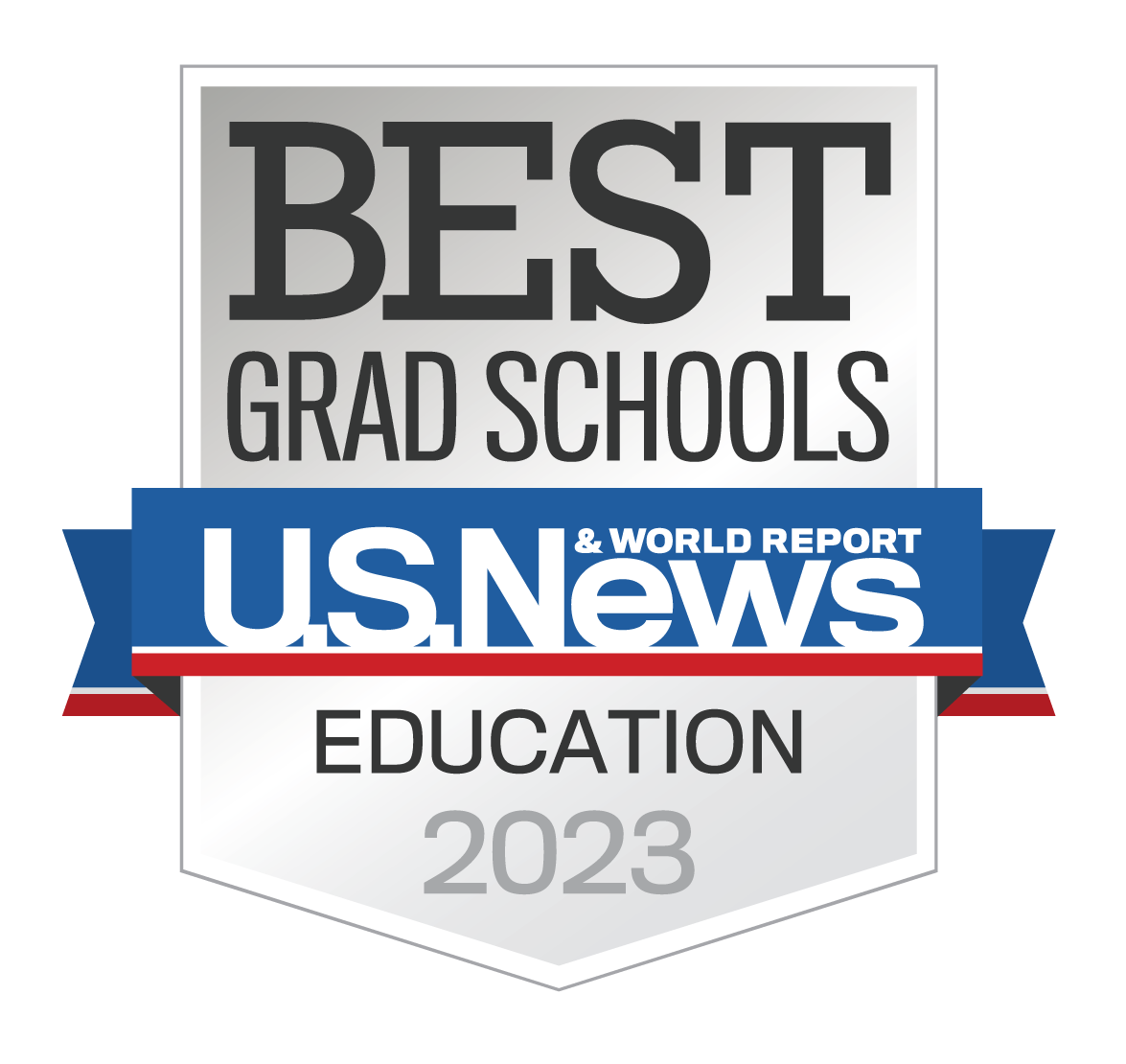 Designed for students interested in nonprofit, educational, and public-service careers, this experiential degree program allows you to participate in community-campus partnerships to exercise alternative and critical pedagogies. The program’s unique curriculum offers opportunities for important self-reflection and newfound awareness of local knowledge, assets, and alternative education projects. The program also examines current scholarship on the process of community-building and social change through texts, guest speakers, and community internships.
Designed for students interested in nonprofit, educational, and public-service careers, this experiential degree program allows you to participate in community-campus partnerships to exercise alternative and critical pedagogies. The program’s unique curriculum offers opportunities for important self-reflection and newfound awareness of local knowledge, assets, and alternative education projects. The program also examines current scholarship on the process of community-building and social change through texts, guest speakers, and community internships.
Program Highlights
- One of the only Education master’s programs in Southern California that addresses civic engagement, social change, and activism.
- You will work with the director of the program to tailor your program emphasis around your unique interests and goals. Students have used the program to focus on various interests, including women’s health, LGBTQ+ rights, youth mentorship, refugee resettlement, and undocumented students.
- At the end of the program, you will engage in a hands-on practicum experience.
- Graduates of the program will be prepared to work in a variety of nonprofit and educational organizations that promote and support relationships between the community and formal/non-formal educational entities.
- Available to undergraduate students at the Claremont Colleges, the program’s Accelerated Degree option saves students time and money by letting undergraduates take courses applicable to both the bachelor’s and master’s degree.
Program At-a-glance
-
32 units
required units
-
MA in Community-Engaged Education & Social Change
degree awarded
-
In Person
modality
-
Spring, Summer, Fall
program start
-
11 months | full time*
estimated completion time
